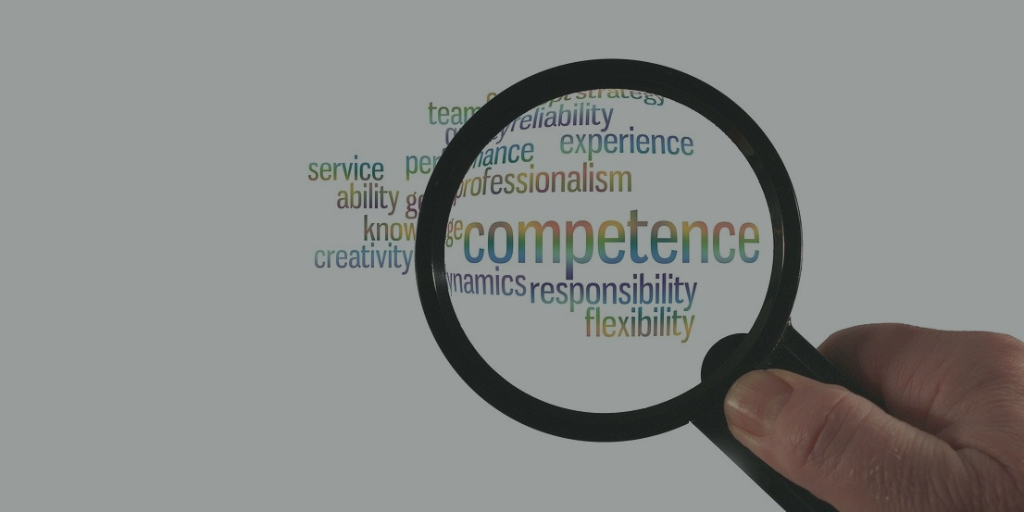As the world has changed over the past year, and many more are working from home, there has been a growing trend to produce CVs that include no address details at all. You may well get a mobile number and an email address, but nothing else.
Of course you have used a covering email, stating exactly where you are, or what areas you would like to find working, and how you can be contacted.
But by omitting any address information, and I have seen some CV writers out there suggest that this information is irrelevant, then recruiters simply do not know where you are located. And those that are fortunate enough to work in sectors that are recruiting, are inundated with people.
So if in the automatic processing of your CV no location can be picked up, then you are likely to go into a “hold” pile, to be returned to when they have time. Which might be next June.
So while the chief executive of a major corporation could probably live almost anywhere, because the company will relocate them, for your average worker it is quite important where you are based. And given the choice, most employers will choose employees close to them rather than at the other end of the country.
In a competitive job market, the first job of the recruiter is to reject quickly those who are not right. If they are not sure of your location, will they give you the benefit of the doubt? If they are struggling to find the right person then maybe, if they are not then you probably haven’t got a hope of getting onto the shortlist.
We know that some people worry about security and identity theft, but with the prevalence of online information, your CV is not going to be the first place they look to do this. And so long you don’t add your passport number, driving licence, wife’s name and so on, they will not have much to go on they can’t get from the electoral register.
So give them the information they need. A postcode at the very minimum, your post town and even your address just to complete the picture.
So they know where you are.








